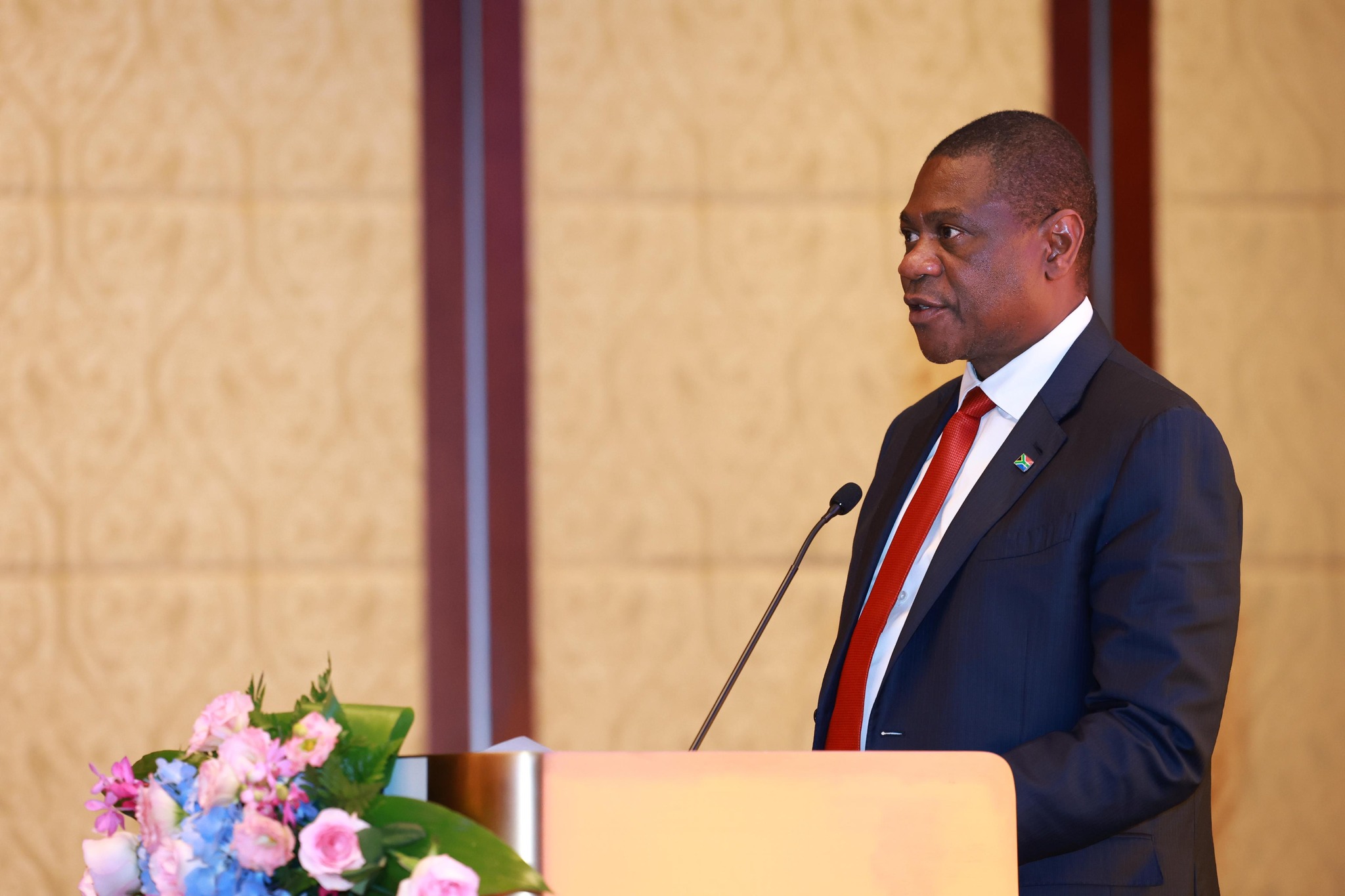Mashatile Urges Renewal of Heritage Institutions, Youth Inclusion on Heritage Day
This year’s Heritage Day theme, “Reimagine Our Heritage Institutions for a New Era,” underscores the need for innovation in how South Africa preserves and presents its cultural history.

- Country:
- South Africa
Acting President Paul Mashatile has called for South Africa’s heritage institutions to be transformed into vibrant, inclusive spaces that bridge the past and the future, while also tackling pressing challenges such as unemployment, social fragmentation, and substance abuse. He delivered the keynote address at the national Heritage Day celebrations in Oudtshoorn on Wednesday, speaking on behalf of President Cyril Ramaphosa.
Reimagining Heritage Institutions
This year’s Heritage Day theme, “Reimagine Our Heritage Institutions for a New Era,” underscores the need for innovation in how South Africa preserves and presents its cultural history.
Mashatile emphasised that museums, monuments, and heritage sites should no longer be static spaces but must instead become:
-
Platforms of cultural diplomacy and inclusivity
-
Spaces for intergenerational dialogue and critical thinking
-
Incubators of creativity, tourism, and economic opportunities
He said that empowering communities to reinterpret marginalised histories, challenge dominant narratives, and co-curate exhibits is essential for decolonising museums and aligning them with post-colonial African identities.
“Heritage institutions must act as bridges between the past and the present, ensuring that our people connect with their roots while also envisioning an inclusive, dynamic future,” Mashatile told the audience.
Addressing Historical Injustices
The Acting President condemned apartheid’s systematic destruction of African heritage, pointing to forced removals, broken families, and discriminatory education as mechanisms that eroded cultural identity.
Government, he noted, is taking steps to restore dignity through initiatives such as:
-
Developing a national policy for the repatriation of human remains
-
Facilitating the reburial of Khoisan ancestral remains
-
Identifying international institutions holding sacred human remains
These projects, he said, reflect a broader commitment to cultural justice and heritage restoration.
Tackling Substance Abuse
Mashatile used the platform to highlight the growing threat of drug and substance abuse, particularly among the youth. He expressed concern about the normalisation of addiction, pointing to the stigmatizing label “amaphara” often used for nyaope users.
“I call everyone to stand up and fight this demon that has engulfed our nation. It is our joint responsibility to combat alcohol and substance abuse and work together to eradicate similar practices within our communities,” he urged.
Families, NGOs, businesses, and government were all called upon to unite in the fight against substance abuse, which he described as a national crisis undermining young people’s potential.
Environmental Heritage and Sustainability
Earlier in the day, Mashatile led a tree-planting ceremony at Dysselsdorp Secondary School, as part of the Presidential Ten Million Trees Flagship Programme, which aims to mitigate climate change while promoting community greening.
He also endorsed the Clean Cities, Towns and Villages programme, designed to create sustainable environments and integrate living heritage with ecological stewardship.
“These are not merely environmental projects,” Mashatile said, “but cultural imperatives that align our heritage practices with sustainability principles.”
Call for National Dialogue
In his closing remarks, Mashatile encouraged South Africans to actively participate in the National Dialogue, a platform for healing divisions and shaping a more inclusive democracy.
“The dialogue is a crucial platform for all voices, regardless of age, location, race, class, or culture, to shape the future of our democracy through meaningful, inclusive dialogue. We each have a vital role in building the nation we hope for,” he concluded.
Celebrating Heritage Day
Heritage Day, observed annually on 24 September, honours the cultural diversity and shared identity of South Africa. Communities across the country mark the occasion with music, dance, storytelling, traditional attire, and braais, while government emphasises the role of heritage in building unity and resilience.
This year’s commemoration, held in Oudtshoorn, reinforced the idea that heritage is not only about remembering the past but also about creating opportunities, addressing social challenges, and preparing for a sustainable future.










